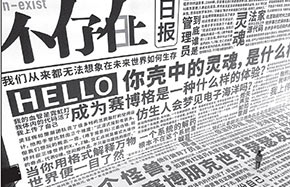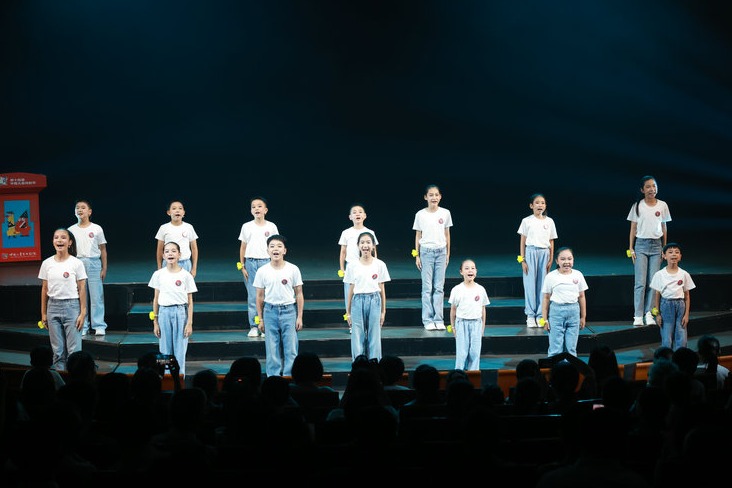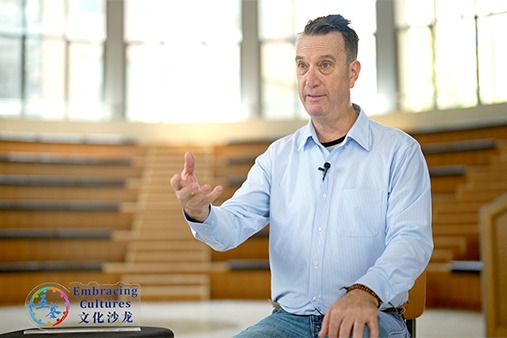Stories of tomorrow

Still a niche genre
In the English-speaking world, the 1930s to 1950s is known as the "golden age of science fiction", as many enduring sci-fi works and famous sci-fi authors, such as Jewish-American writer Isaac Asimov and British science fiction writer Arthur Clarke, emerged during these decades.
"This golden age accompanied the rapid development in science and technology in the West," says Ji. "Now technology is marching at fast pace in China, so there is a high possibility that many good Chinese sci-fi works will be born in the years to come."
Besides publications, Ji says filmmakers are also eyeing the sci-fi genre, which will bring Chinese science fiction to a larger audience.
Apart from films adapted from Liu's works that are in production, Red Ocean, a novel by popular sci-fi writer Han Song, is also being adapted into a feature animation.
Science fiction has also become the topic of many academic seminars over the past three years.
In a sci-fi seminar held in Beijing in October, Han Qide, vice-chairman of the National Committee of the Chinese People's Political Consultative Conference, joined the discussion with a range of university professors, sci-fi writers and industry practitioners.
Han says that he encourages creating more platforms for sci-fi writers and scientists to exchange ideas, so each can inspire the others, and boost the development of the science fiction industry in China.
Despite the optimistic outlook for Chinese science fiction, Li Zhaoxin, a veteran sci-fi critic who has followed the country's sci-fi scene for 20 years, says it remains a niche genre in China with loyal readers only numbering a couple of thousand.
"In the past decade, no more than 20 sci-fi authors have kept publishing new works of more than 100,000 words. The figure in the United States is more than 1,000," Li says.
Li lectures at the Future Affairs Administration's sci-fi writing workshop, and he has been running an online writing course since September.
The workshop plans to invite a US professor from the Gunn Center for the Study of Science Fiction at the University of Kansas to come and teach next year, he says.
"Science fiction is a small sector in the cultural industry, and like anything related to culture, it always needs a long time to cultivate," Li adds.





































